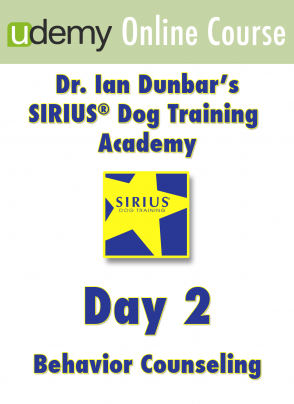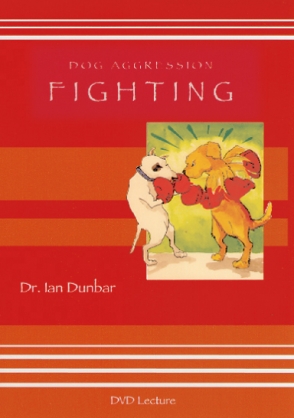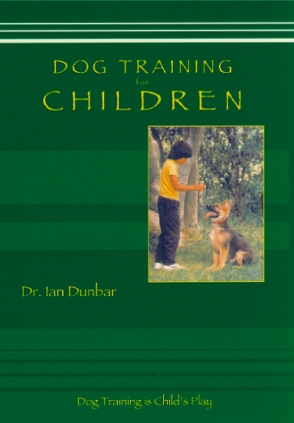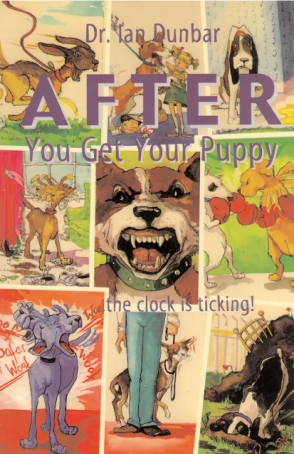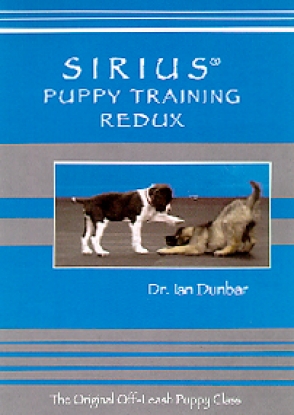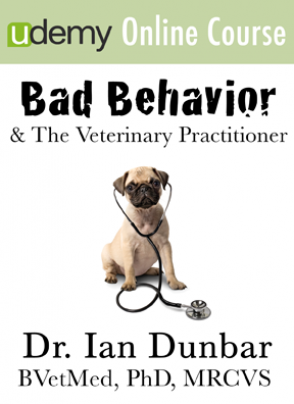Day 2: Behavior Counseling
Puppy Classes And Canine Parvovirus
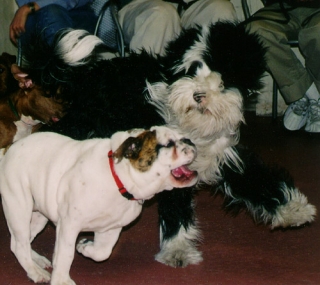
I have just read a paper in the March/April issue of the Journal of the American Animal Hospital Association describing a study that concluded, puppies vaccinated at least once prior to starting puppy classes at less than 16 weeks of age were at no more risk of being diagnosed with Canine Parvovirus infection than vaccinated puppies that did not attend classes.
The study comprised two parts:
1. A total of 21 veterinary clinics were selected from both low- and high-income zones in four cities with different seasonal patterns (Atlanta GA, Chicago IL, Phoenix AZ and Seattle WA). Data were collected about 1012 puppies, all of which had been vaccinated against parvovirus at least once prior to 16 weeks of age by a veterinarian. It was unknown whether 88 of the pups attended puppy classes or not. Of the 876 puppies that did not attend puppy classes, 14 were diagnosed with CPV infections (all by clinics located in low-income zip codes). Of the 48 puppies that attended puppy classes, none were diagnosed with CPV.
2. A total of 24 puppy trainers from both low- and high-income zones in each of the same four cities were selected from the Association of Pet Dog Trainers directory. 231 puppies were included in the study. All puppies had been vaccinated at least once prior to starting puppy class at less than 16 weeks of age. No puppies attending puppy classes were suspected of having CPV infection.
This study provides a little more factual information to add to the AVSAB and abrionline position statements and the Veterinary Medicine roundtable discussion.
Of course, the most shocking finding of this study — of 1012 puppies participating in the veterinary survey, only 48 attended puppy classes! After 30+ years of promoting puppy classes to puppy owners and pet professionals, we puppy trainers still only reaching 4.7% of the pups out there and that is truly a shocking statistic.
What do you think we puppy class trainers can do to reach more pups?
Stepita ME, Bain MJ, Kass, PH. Frequency of CPV InfectiOn in Vaccinated Puppies that Attended Puppy Socialization Classes. J.A.A.H.A. 2013; March/April; 95-99.

